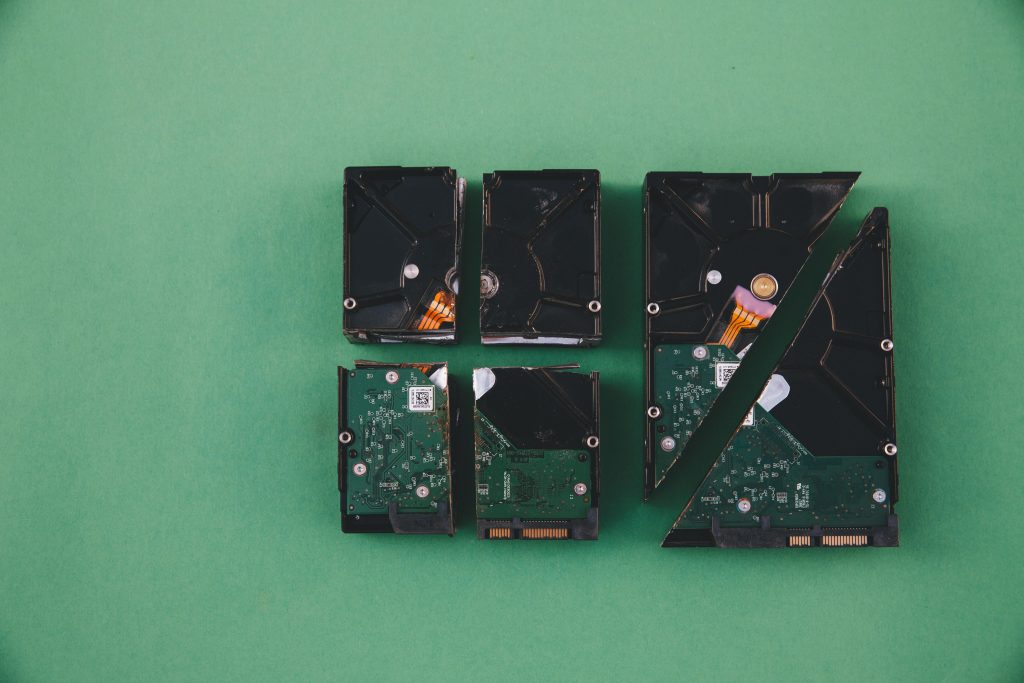Title: What to Do When You Encounter a Spark in Your Desktop PC
Experiencing a spark from your computer can be alarming, leaving you uncertain about what to do next. Just today, I found myself in a worrying situation that raised a lot of questions about the safety of my PC. Here’s a recount of my experience and some advice for anyone who finds themselves in a similar predicament.
Earlier in the day, as I moved around my desk, I accidentally nudged the headphone jack on my PC. Initially, there were no noticeable issues, but as the hours passed, my situation took a concerning turn. My computer unexpectedly shut down—not a standard reboot, but a complete halt, with my keyboard and RGB lighting suddenly going dark. I had to flip the power switch to get it functioning again.
After this incident happened a second time, I noticed that the system was struggling to boot. Thinking it best to troubleshoot further, I completely disconnected the power strip and reconnected it. To my dismay, when I attempted to power it back on, I witnessed a sudden pop and saw a brief spark, seemingly originating from the power supply unit (PSU). At this point, I was left with a mix of confusion and apprehension.
If you ever find yourself in a similar situation, here are some steps to consider for your safety and the well-being of your computer:
-
Do Not Power On Immediately: Turning your computer back on after a spark is not advisable. It could cause further damage or even pose a fire hazard.
-
Unplug the Device: If you see or hear something unusual, unplug your computer completely from the power source to prevent any potential electrical issues.
-
Inspect for Damage: Once powered off, cautiously examine your PSU and other components for any visible signs of damage, such as burn marks or a burnt smell. However, be careful and avoid touching anything if you’re unsure.
-
Seek Professional Help: If you’re not experienced in hardware repair, it’s best to take your PC to a professional technician. They can conduct a thorough examination and determine if any parts need replacement.
-
Consider Environmental Factors: Make sure your workspace is free from excess dust, moisture, or any other conditions that could lead to electrical issues.
-
Back Up Important Data: If your system becomes operational later, prioritize backing up your data to prevent potential losses.
Experiencing such technical difficulties can be
Share this content:



